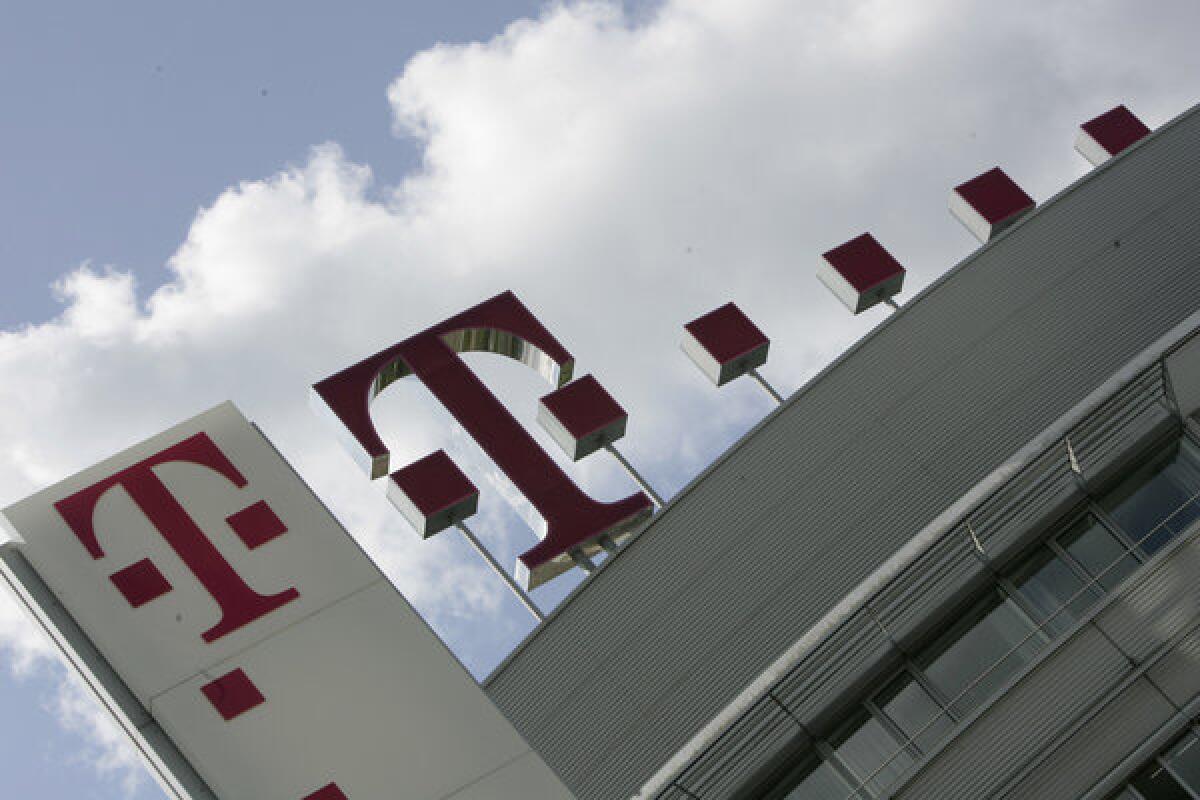AT&T, T-Mobile, Sprint to stop charging for ‘premium’ text messages

Three major U.S. wireless carriers, AT&T, Sprint and T-Mobile, have agreed to stop charging customers for spam texts sent by “premium” messaging services.
These texts are typically sent by messaging programs that users purchase or subscribe to, but often, the programs send spam and end up charging as much as $10 per month for their services without customers’ permission.
Examples of premium text messages include weather alerts, sport score updates, services that allow user to download ringtones and phone wallpapers, and trivia subscriptions.
Need a laugh? Let this website come up with your next Facebook status
The decision to stop the charges was led by Vermont Atty. Gen. William Sorrell. In a statement, he said premium text messages are the major source of mobile cramming, or unauthorized third-party charges that appear on customers’ bills. Mobile and land-line cramming costs U.S. customers $2 billion per year, Sorrell said.
“We are pleased that AT&T, Sprint and T-Mobile have decided to stop the flow of money from the pockets of ordinary people to the bank accounts of scam artists,” Sorrell said in a statement.
As for Verizon, the New Jersey-based carrier said it did not take part in the effort because it is already winding down its premium text-messaging business.
“Since premium messaging was first introduced, technology advances and smartphone adoption have dramatically changed the way customers access information,” Verizon told the Verge. “Verizon had previously decided to exit the premium messaging business because of these changes as well as recent allegations that third parties have engaged in improper conduct in providing premium messaging services to our customers.”
ALSO:
Jury awards Apple $290 million in Samsung patent case
Top ten ways to take advantage of the ‘sharing economy’ [Photos]
Sprint is the worst cellphone service provider, Consumer Reports says






